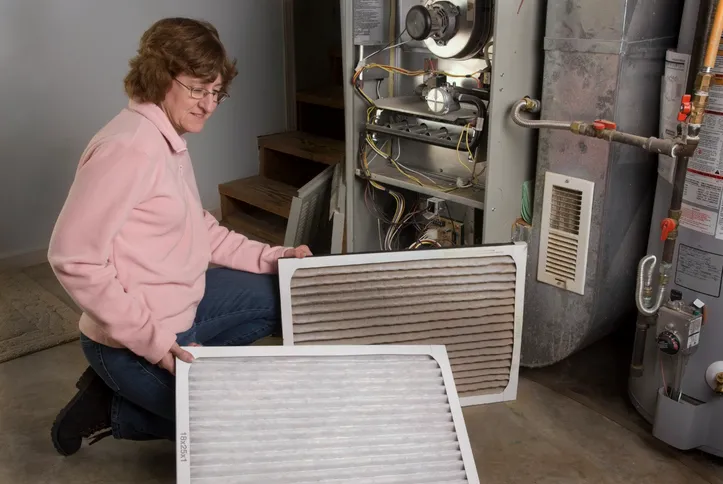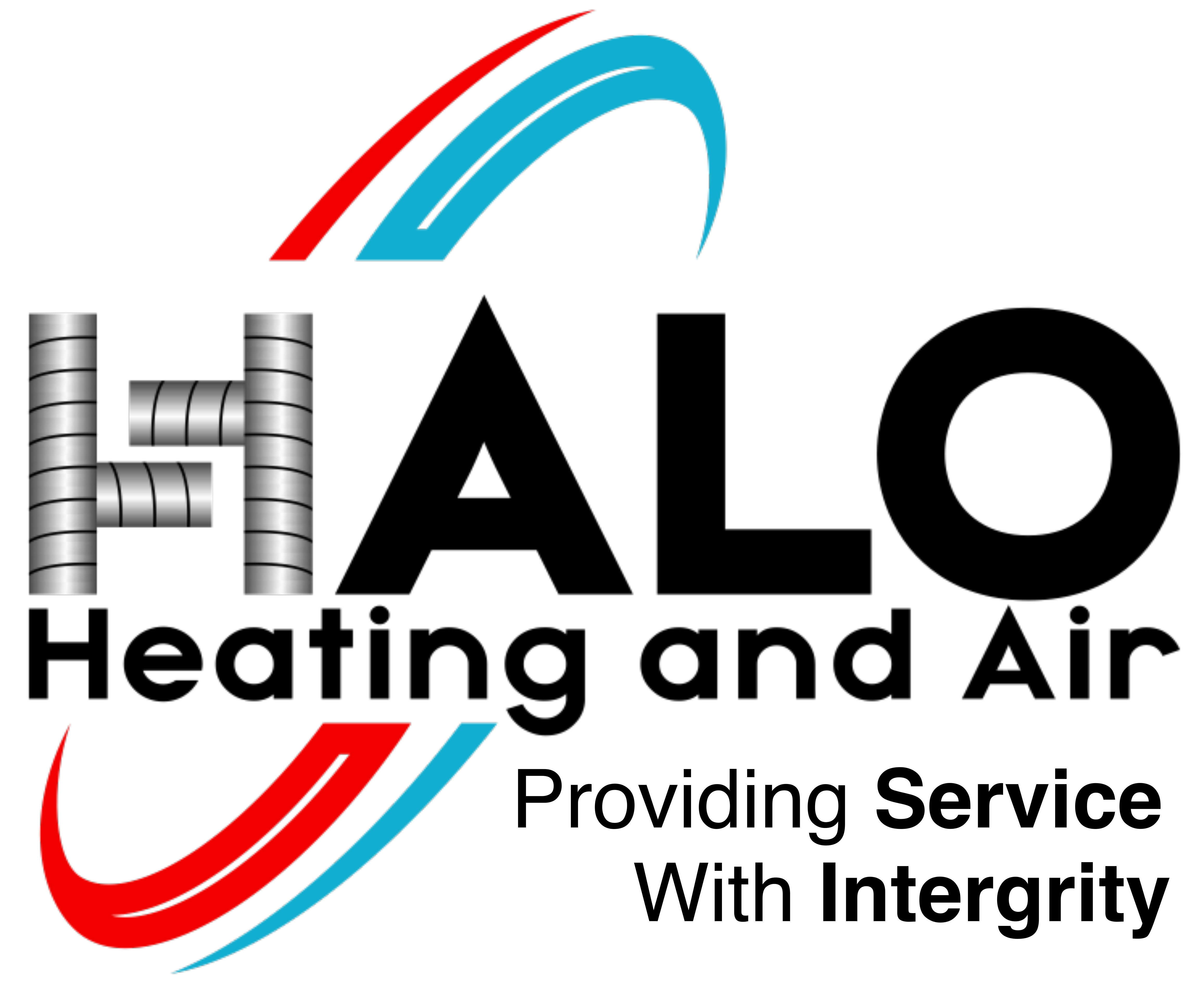Heating Installation in Firestone, CO
When the chill sets in across Firestone, CO, a reliable heating system isn't just a luxury – it's essential for comfort, safety, and peace of mind. Whether your current system is nearing the end of its lifespan, facing frequent breakdowns, or simply struggling to keep your home consistently warm, investing in a new heating installation is a significant decision. A properly installed system ensures efficient performance, lower energy bills, and consistent warmth through the coldest months.
Choosing the right system and installer is critical. The performance and longevity of your new heater depend heavily on the quality of the equipment selected and the precision of the installation process. A system that's too large or too small for your home won't operate efficiently, leading to wasted energy and uneven temperatures. Improper installation can void warranties, cause premature wear and tear, and even pose safety risks.
In Firestone and surrounding Northern Colorado areas, homeowners face unique heating challenges posed by cold winters. Having a heating partner familiar with these conditions and experienced in installing systems designed to handle them is invaluable. Expert technicians can assess your home's specific heating needs, factoring in size, insulation, window types, and even your family's comfort preferences to recommend the ideal heating solution.
Signs It Might Be Time for a New Heating Installation
Identifying when your heating system is ready for replacement rather than just a repair can save you from unexpected breakdowns and escalating costs. Here are some common indicators:
- Age: Most furnaces have a lifespan of 15-20 years, while heat pumps typically last 10-15 years. If your system is within or beyond this age range, it's worth considering replacement, especially if facing other issues.
- Frequent Repairs: If you're calling for Heating Repair services more often, or if repairs are becoming increasingly expensive, the cost of maintaining an aging system might outweigh the cost of a new, more reliable unit.
- Rising Energy Bills: An old or inefficient heater has to work harder to produce the same amount of heat, consuming more energy. If your heating bills are steadily increasing without a significant change in usage or energy costs, your system's efficiency may be declining.
- Uneven Heating: Cold spots or inconsistent temperatures throughout your home can indicate that your current system is no longer distributing heat effectively.
- Unusual Noises or Smells: Grinding, rattling, squealing, or persistent strange odors coming from your heating system are red flags that something is seriously wrong.
- Pilot Light Color (for Gas Furnaces): A healthy pilot light on a gas furnace should be blue. A yellow or orange flame can signal a combustion problem, potentially producing carbon monoxide, which is a serious safety hazard.
If you notice any of these signs, consulting with an HVAC professional in Firestone, CO, can help you determine if repair is sufficient or if a new Heating Installation is the more practical and cost-effective long-term solution.

Choosing the Right Heating System for Your Firestone Home
Several types of heating systems are suitable for homes in Firestone, CO, each with its advantages:
- Furnaces: These are the most common heating systems, especially in areas with cold winters. Furnaces heat air and distribute it throughout the home via a ductwork system. They can be powered by natural gas, propane, oil, or electricity. Gas furnaces are often popular due to the availability and cost-effectiveness of natural gas. Modern furnaces boast high Annual Fuel Utilization Efficiency (AFUE) ratings, meaning they convert a large percentage of their fuel into usable heat.
- Heat Pumps: A Heat Pump offers both heating and cooling from a single system. In heating mode, it extracts heat from the outdoor air (even in cold temperatures) and transfers it indoors. While highly energy-efficient, especially in moderate climates, their heating performance can decrease in extremely cold temperatures, sometimes requiring a backup heat source. They are a versatile option for year-round comfort.
- Boilers: Less common in residential settings than furnaces, boilers heat water to provide warmth through radiators, baseboard heaters, or radiant floor systems. They offer very comfortable, even heat and can be very efficient.
- Mini-Split Systems: Also known as ductless systems, these are excellent for heating specific zones or rooms without existing ductwork, or for additions and garages. While they offer heating capabilities, a full home heating system typically relies on a furnace or heat pump connected to ductwork for whole-house distribution.
Selecting the best system depends on various factors, including your budget, energy source availability (gas lines, electrical capacity), the size and layout of your home, existing ductwork, and your personal preferences for comfort and energy efficiency. An experienced professional will perform a load calculation (Manual J) to accurately determine the heating capacity required for your home, ensuring the chosen system is perfectly sized.
The Heating Installation Process
A professional heating installation involves several key steps to ensure your new system operates correctly, safely, and efficiently:
- Home Assessment and System Recommendation: A qualified technician will visit your Firestone home to assess your current heating situation, evaluate your insulation and ductwork, discuss your comfort needs and budget, and perform a detailed load calculation. Based on this assessment, they will recommend suitable heating system options, explaining the pros and cons of each.
- Permitting: Depending on local regulations in Firestone, a permit may be required for a new heating installation. Your HVAC contractor should handle this process, ensuring the installation meets all local building codes and safety standards.
- Removal of the Old System: The existing heating unit will be safely disconnected and removed. This includes properly handling fuel lines, electrical connections, and venting. The old equipment will be disposed of responsibly.
- Installation of the New System: The new furnace, heat pump, or boiler will be positioned and connected. This involves making precise connections to ductwork (for furnaces/heat pumps) or piping (for boilers), electrical wiring, fuel lines, and venting. Ensuring airtight duct connections is vital for efficient airflow and preventing heat loss.
- Thermostat Installation/Integration: A new, modern thermostat is often installed as part of the process. Programmable or smart thermostats can significantly improve comfort and energy savings by allowing you to set schedules or control the system remotely. The technician will ensure the new thermostat is correctly wired and communicating with the new heating unit.
- Testing and Calibration: Once installed, the technician will rigorously test the new system to ensure it's operating correctly, producing the right amount of heat, and that all components are functioning as they should. Airflow is checked, temperature rise is measured, and safety controls are verified.
- Final Walkthrough and Education: The technician will walk you through the newly installed system, explain how to operate the thermostat, discuss basic maintenance requirements, and answer any questions you may have. They should also provide you with the owner's manual and warranty information.
Why Choose Professional Heating Installation?
- Expertise and Experience: Trained technicians have the knowledge of HVAC principles, electrical systems, gas lines, and ventilation required for a safe and correct installation. They understand manufacturer specifications and best practices.
- Proper Sizing and Selection: Professionals use specific calculations to determine the right size system for your home, avoiding issues related to oversizing or undersizing.
- Safety: Heating systems involve potentially hazardous components like gas lines, high-voltage electricity, and combustion byproducts (like carbon monoxide). Professionals follow strict safety protocols to prevent leaks, electrical hazards, and ventilation issues.
- Efficiency: A correctly installed system operates at peak efficiency, saving you money on energy bills. Poor installation can significantly reduce efficiency and increase operating costs.
- Warranty Compliance: Many manufacturers require professional installation by a licensed contractor for the warranty to be valid. DIY installation or using an unlicensed contractor can void your warranty, leaving you responsible for future repair costs.
- Longevity: A system installed correctly is less likely to experience premature failures and will generally last longer than one that was poorly installed.
- Code Compliance: Professionals are knowledgeable about local building codes in Firestone, CO, ensuring your installation passes inspection and is safe and legal.
Investing in professional Heating Installation provides peace of mind knowing your new system is safe, efficient, reliable, and installed to the highest standards.
Maintaining Your New Heating System
Once your new heating system is installed, regular maintenance is key to keeping it running smoothly and efficiently for years to come. Scheduling annual Heating Service appointments, ideally before the heating season begins, allows technicians to inspect, clean, and tune up your unit. This preventative care helps identify potential issues early, maintain efficiency, and extend the system's lifespan. Many HVAC companies offer maintenance plans that make scheduling and budgeting for this essential service easier.
For homeowners in Firestone, CO, a new heating system is a crucial investment in home comfort and value. By understanding when to replace your system, choosing the right type, and relying on qualified professionals for installation, you can ensure your home stays warm and comfortable efficiently throughout the harsh Colorado winters.
Choose HALO Heating and Air for Reliable Heating Installation in Firestone
Ensuring your Firestone home is prepared for winter begins with a trusted HVAC partner and a properly installed heating system. At HALO Heating and Air, we combine years of expertise with a commitment to excellent customer service, precision installation, and dependable comfort solutions tailored to Colorado’s challenging winters. Whether you're ready to upgrade or need a consultation, contact HALO Heating and Air today and let us help you keep your home warm, safe, and energy-efficient for seasons to come.
Financing
Whether it's a repair or a new installation, our financing options help you get the comfort you need now—while paying over time with manageable monthly payments.
Customer Testimonials
See what homeowners across Windsor and Northern Colorado are saying about our reliable service, expert workmanship, and commitment to getting the job done right.



.svg)




